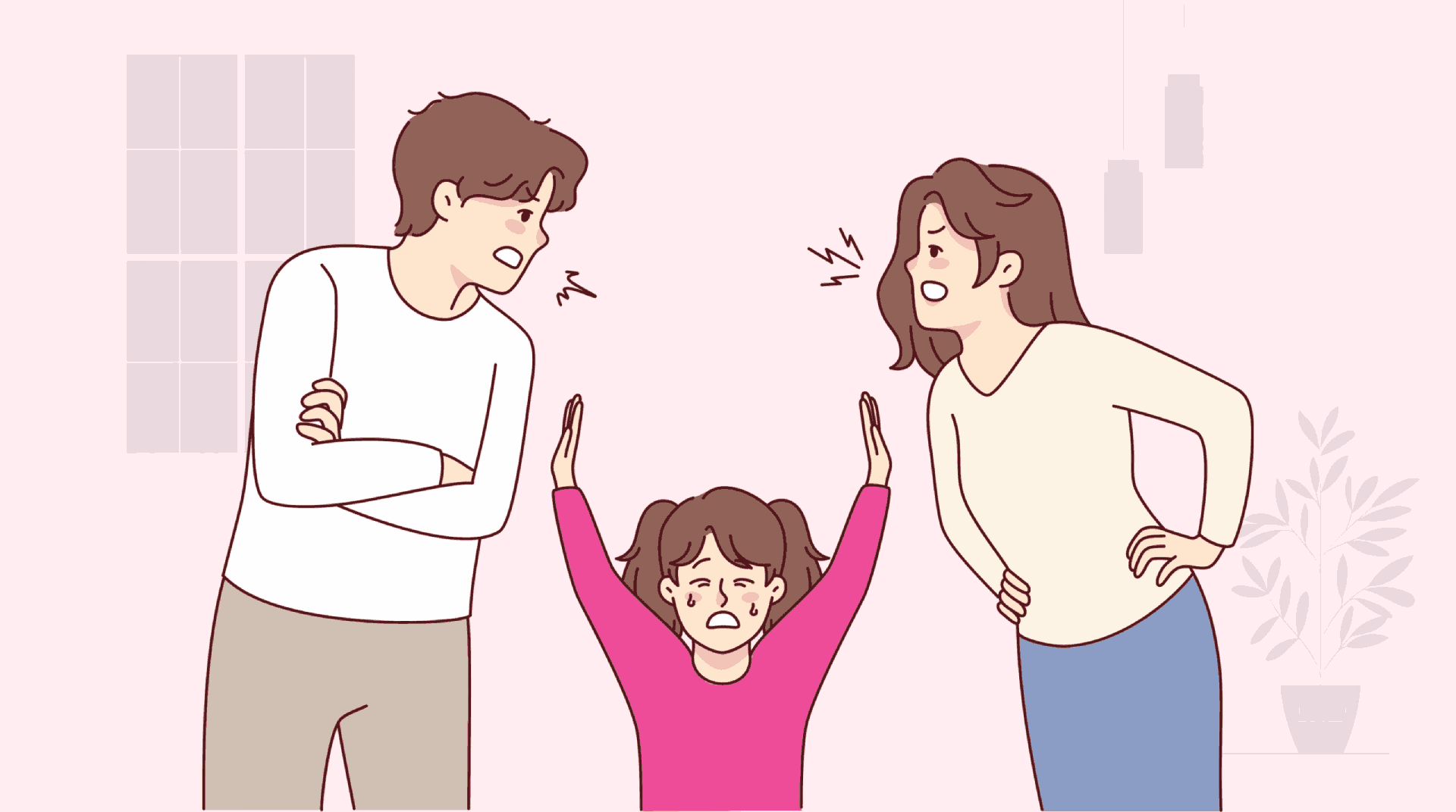It’s hard enough to leave an abusive relationship when you’re an adult. For a child, it can be even harder.
Children are among the most vulnerable members of society, and they may not be able to understand or verbalize what’s happening to them in an abusive household. This can make it difficult for them to seek help, or even realize that they’re in danger. Most of these children may also be physically abused, verbally abused, or neglected by one or both parents. They blame themselves that the violence being their fault or that they could have prevented it. This can have a devastating impact on their development and future trajectory.
According to WHO nearly 3 in 4 children aged 2-4 years regularly suffer physical punishment and/or psychological violence at the hands of parents and caregivers. One in 5 women and 1 in 13 men report having been sexually abused as a child. We must do everything we can to protect children from violence. Let’s talk about the effects of an abusive relationship on children.
A. Short term effects
Integrating children who witness or are victims of domestic violence into the family is a challenge that requires care, patience, and understanding. The short-term effects can be devastating for these kids which could lead to more serious psychological problems in future life stages. These children often suffer from a host of short-term effects. These can include problems with sleep, concentration, and appetite, and may also feel isolated and alone. Additionally, they may feel confused, anxious, or guilty and blame themselves thinking that the abuse is their fault or that they deserve it. Children who witness domestic violence can be traumatized by what they see. They may show signs like mood swings, nightmares about being hit again, excessive aggressiveness, etc. Additionally, due to loneliness these children seek attention and complain too often about having headaches or stomach pain. They also find it really hard to concentrate in school and also to maintain a relationship with their peers. Children who witness abusive relationships think that being abusive is the solution to a problem and reflect their parent’s actions with their peers.
B. Long term effects
When kids witness an abusive relationship, they can often be left feeling scared, alone, and confused. This can lead to long-term effects, both emotional and behavioral.
- Emotional effects:
Children who witness domestic violence often suffer from long-term emotional effects. They may feel safe and secure one moment, and the next moment they may feel scared and alone. This can lead to problems with trust and attachment, as well as difficulties in school and in relationships. They may also struggle with feelings of guilt or shame. Children who witness abuse may also be more likely to experience mental health problems, such as anxiety and depression. It is important for parents and caregivers to provide support and stability for children who have witnessed domestic violence. Helping children to understand what they have seen and providing safe places to talk about their feelings can go a long way toward minimizing the long-term effects of witnessing abuse.
- Behavioural effects:
Behavioural effects can be long-lasting and have a negative impact on the child’s overall well-being. Studies have shown that children who witness abuse are at increased risk for social withdrawal due to their behaviour and these children are more likely to engage in abusive relationships themselves as they grow older. Children who witness domestic abuse become addicted to drugs and alcohol, and they may harm themselves and their relationships in order to express themselves.
Conclusion:
Children are the most vulnerable in an abusive relationship. They often do not have a voice and may feel like they are responsible for the abuse. It is important to be aware of the signs of child abuse so that you can help these children find safety and healing. It is our duty as parents to avoid fighting with one another before our children and to realize that they are not prepared to deal with such circumstances. The road to healing is often difficult but with the support of loved ones, professional help, and self-care, children can rebuild their lives and thrive.
